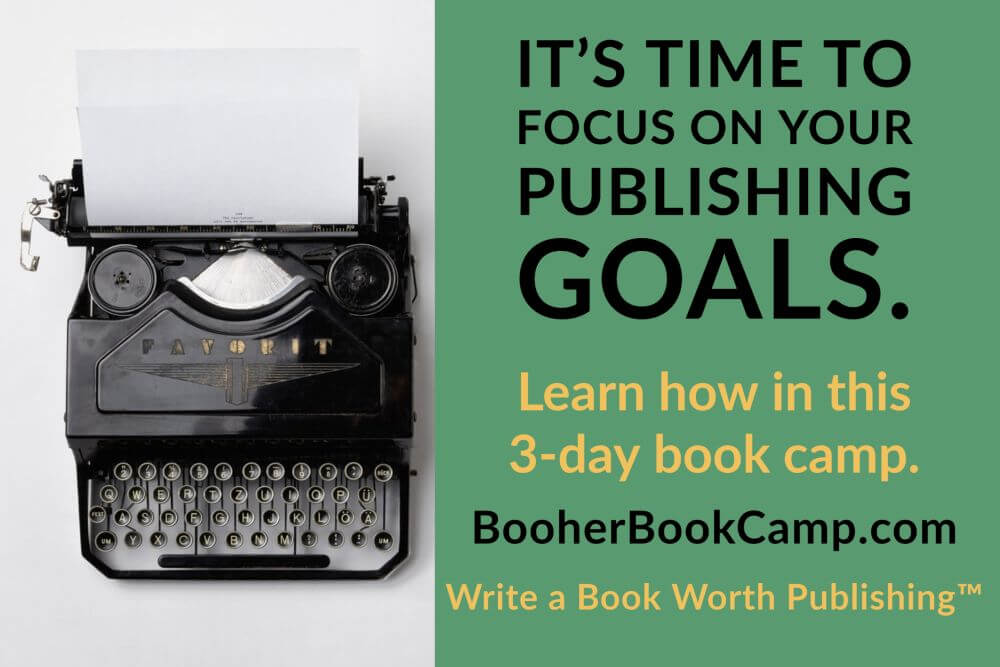


You often hear it said that “everybody has a book in them.” And according to a Wall Street Journal survey, about 80 percent of the population actually plans to write one “someday.” Is this year your “someday”?
If you personally have interest in writing and publishing a book with a major publisher, you can look forward to these outcomes:
If you haven’t considered what a published book can do to grow your business, consider the owners of 37Signals, along with their primary product Basecamp. The entrepreneurs-turned-authors Jason Fried and David Heinemeier Hansson created their premier project management and internal communication software, and then wrote about what they’d learned in the process of building their business.
In addition to royalties on their New York Times bestsellers, their books Getting Real, Rework, and Remote have brought international attention—and leads—to their high-ticket software, now installed in more than 3.3 million organizations.
A book with a major publisher can do the same for you and/or your organization.
How and why does that happen for many authors and organizations?
Think of it like this: Now that the majority of white-collar professionals have college degrees, what do they do to distinguish themselves from their peers? To gain the next promotion? To promote their product, service, or professional practice? Answer: Publish high-quality books with major publishers.
The publish-or-perish mandate in academia has spread to the corporate world. Publishing has become the new pastime for those who are building a career, those seeking to launch a new product or service, those growing a business, and even those about to retire. Prestige, credibility, money, leads, recognition—all are reasonable to expect as a result of publishing your idea, process, procedure, or data.
The likes of Bill Gates, Michelle and Barack Obama, George W. Bush, Nikki Haley, Suze Orman, Brené Brown, Robert Kiyosaki, Phil McGraw, John Gray, Ken Blanchard, Marshall Goldsmith, Michael Eisner, Jack Welch, Harvey Mackay, Michael Jordan, Tiny Fey, Rob Lowe, Sean Hannity, Robin Roberts, Dave Ramsey, or Anderson Cooper. They all have turned publishing into power. Publishing has added pizzazz to their already prestigious careers.
The more these leaders write, the more they increase their ability to think clearly and find their voice—and gain visibility. By capturing their ideas in books sold around the globe, they shape how the world thinks, change how organizations do business, and improve people’s lives.
Each month callers to my office express their publishing plans and goals this way:
“I’m a lawyer, and our firm is working on a really interesting case. We’re thinking of doing a book on it. Can you tell me how to go about it?”
“I’ve just finished a manuscript about real estate investment. What’s the next step?”
“My boss is really after me to get a book published on this new anticorrosion process our company will be marketing next year. It was originally a technical paper, but of course, I’ll be changing my approach for the general reader.”
“I’m a cardiologist who’s developed a new surgery protocol, and the hospital wants to get some PR out of it. Can you help us turn it into a book?”
Whichever category you fall into—the rich and famous, the thought leader, the average Joe or Josephine, or the competitive corporation, the timing for getting your ideas into book form couldn’t be better.
Corporations underscore the value of book writing and publishing when they pay executives bonuses for their publishing success. Nothing enhances your credibility or brings recognition—from colleagues, from your own management, from customers and clients—like publishing a book in your area of expertise.
This credibility principle has even worked its way into our language. To establish someone’s expertise, we say, “He/she wrote the book!”
Prestige, money, new business, recognition—all are valuable and reasonable to expect as a result of publishing and promoting your nonfiction book. You may also find that the credibility gained through publishing translates into political, social, financial, or corporate clout.
What are your plans this year to stand out in a competitive world?

Join me at the next Booher Book Camp (B-o-o-h-e-r, like my name) for a complete 12-step process for actually getting the draft done quickly in a couple of weeks. Plus, you’ll complete your book proposal and query and get invaluable feedback from me and other attendees. For details, check out BooherBookCamp.com